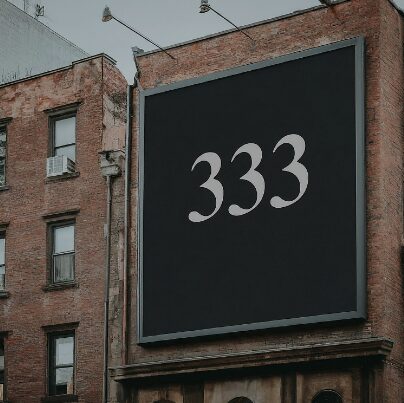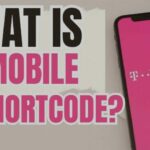Understanding the Mystery of the 333 Area Code
Is the 333 area code a real area code?
The first and most important fact to know is that the 333 area code is not a legitimate, assigned area code within the North American Numbering Plan (NANP), which covers the United States, Canada, and parts of the Caribbean. No city or region uses this code. Therefore, any call that appears on your caller ID from the 333 area code is definitively not what it seems.
Why Are You Receiving a Call from the 333 Area Code?
If you see the 333 area code on your caller ID, you are witnessing “caller ID spoofing.” This is a technology that allows callers—almost always scammers or robocallers—to deliberately manipulate the information that appears on your phone. They use fake, unassigned, or invalid area codes like 333 to hide their true location and identity, making them difficult to trace and block.
The Dangers and Scams Linked to the Fake 333 Area Code
Caller ID Spoofing: The Primary Threat
The main danger associated with a call from the 333 area code is the fraudulent intent behind it. Scammers use these fake numbers to trick you into answering a call you would otherwise ignore. Their motives are almost always malicious, ranging from phishing for personal information to attempting to defraud you of your money.
Common Scams Associated with Spoofed Numbers
A call from the fake 333 area code can be a gateway to numerous scams. Be on the lookout for callers who:
- Claim to be from a government agency like the IRS or Social Security Administration and threaten you with legal action.
- Pretend to be from your bank or a tech support company (like Microsoft or Apple) and claim your account or computer has been compromised.
- Offer prizes, free vacations, or other “too good to be true” deals that require you to pay a fee upfront.
How to Handle a Call from the 333 Area Code

The Best Course of Action: Do Not Engage
The safest and most effective way to deal with a call from the 333 area code is to not answer it. If you do answer by mistake, hang up immediately. Do not press any buttons or respond to any voice prompts (e.g., “Press 1 to be removed from our list”), as this simply confirms your number is active and will lead to more scam calls.
Blocking and Reporting Suspicious Calls
While you can block the specific number, scammers constantly change the full number they are spoofing. It is more effective to use call-blocking features on your smartphone or third-party apps that can filter out known spam and robocalls. You should also report the fraudulent call to the appropriate authorities, such as the Federal Trade Commission (FTC) in the U.S. or the CRTC in Canada.
Staying Vigilant Against All Unfamiliar Calls
Ultimately, treat any call from an unrecognized or invalid number like the 333 area code with extreme suspicion. Never give out personal or financial information over the phone unless you have initiated the call and are certain you are speaking with a legitimate representative.


